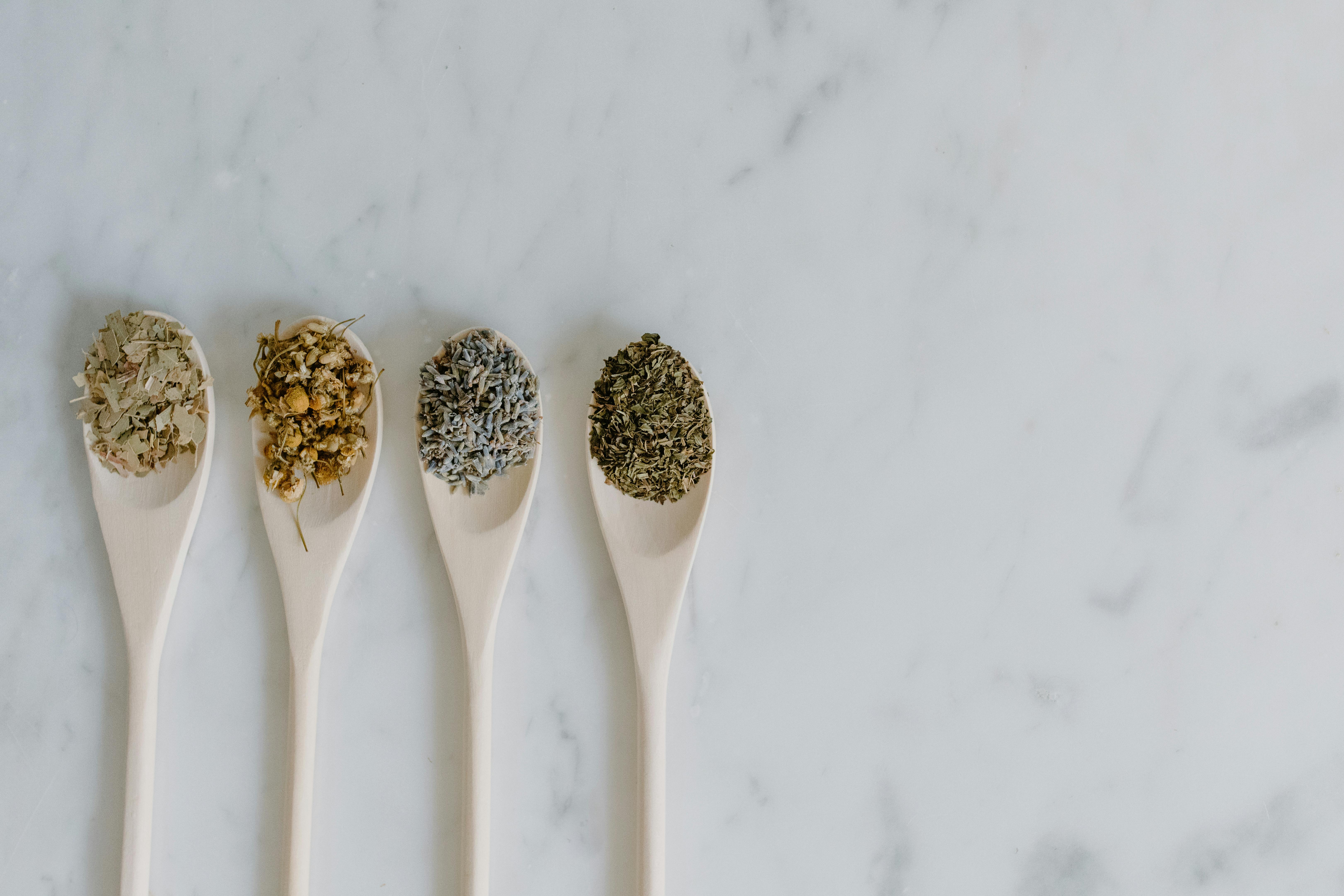Basmati Rice – Everything you need to know!
“Basmati” is derived from a Sanskrit word “vasmati” which means “fragrant”. The rapid rise in popularity of basmati rice in the Western world has been phenomenal. According to data published by certain Indian exporters, the export of Basmati rice to Western countries, including the US and the UK, has seen a massive increase of 118% in a matter of 10 years. While a part of this boom may be due to the fact that there has been a considerable increase in the indigenous population in these places, we should not overlook the rise in popularity among the natives as well.
The aroma and texture of this rice are unique and loved by Westerners. When cooked with spices and served with traditional Indian curries, it is rich and flavorful. Hyderabad biriyani, which is the most popular dish, is made from Indian basmati. Apart from the taste and aroma, is there anything that has attracted people to this Indian delicacy? In fact, recent studies have confirmed that villagers in rural India have been using it for decades as it has high nutritional value and is a very healthy agricultural product.
Types of Basmati Rice
Most people are under the impression that this agricultural product comes in only one variety. They couldn’t be further from the truth. In fact, different areas of India specialize in certain varieties of it and their texture, flavor and aroma vary considerably. The most popular types of basmati rice available in India are:
• 1121 Steam
• 1121 superfine
• Golden Chair
• Put Chair
• Steamed
• Steam Sugandha
Any major basmati exporter in India will have a sizeable stock of the above varieties and it is in the buyer’s best interest to specify which variety is required.
Basmati Rice Nutrition Facts
100g of this freshly cooked rice releases over 200 calories! This is considerably higher than what normal rice can give. So if you’re looking for an instant release of energy naturally, nothing beats a bowl of well-cooked basmati rice!
They are also rich in carbohydrates and proteins. Each 100g of this rice contains 25g of carbohydrates and 5g of protein.
Another important reason why they have become so popular in the West is because they are gluten-free. Besides this fact, they are almost free of fat and cholesterol and make a healthy recipe like no other.
Studies have shown that basmati rice is rich in vitamins such as niacin and thiamin. There are very few natural sources of these vitamins and therefore it is highly recommended that you increase this agricultural product in your diet.
The brown variety of basmati rice is rich in iron content and is therefore a highly recommended diet for anemic patients.
There are many exporters in India who specialize in basmati rice. Please make sure you understand their processing and packaging methods before placing the order.
